Plastic Banks Tracker

Stop bank finance for plastics
The ever increasing use of plastics pushes the world towards an environmental and health disaster, impacting every living being on the planet.
The Plastic Banks Tracker targets the banks that fuel the production and processing of plastics - starting with single-use plastics.
Our assessments show that most international
Banks still fail to acknowledge the plastics problem
And their own specific role in it. Most banks also do not make any clear commitment to support solutions for the plastics crisis. For banks to become agents of positive change, they should take the plastics crisis seriously and commit to finance solutions, develop stringent policies and implement those rigorously in their financing relationships with companies in the plastics lifecycle.
The plastics problem
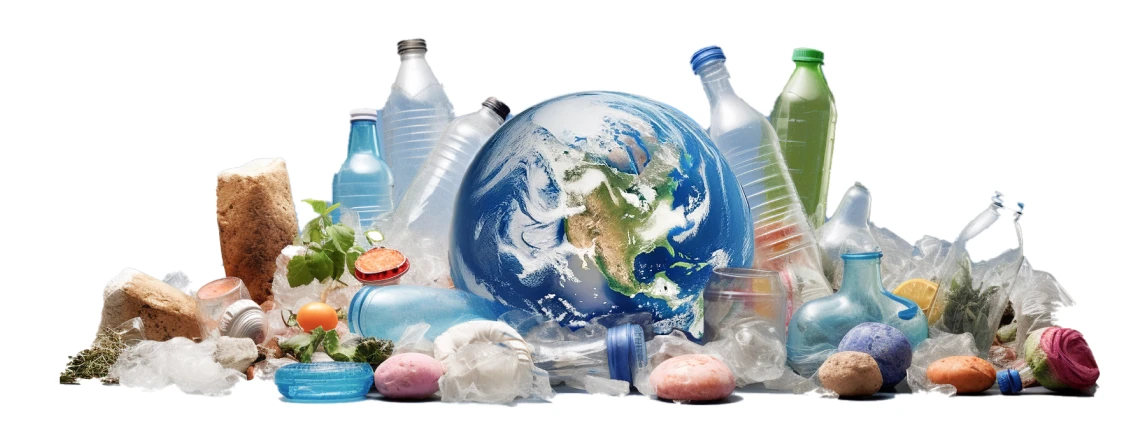
Plastics are everywhere
Plastics have an enormous impact on human and animal health, on biodiversity and on the climate. All throughout the plastics lifecycle - from the exploration of oil and gas right to the water bottles that are thrown away, the impact is everywhere.
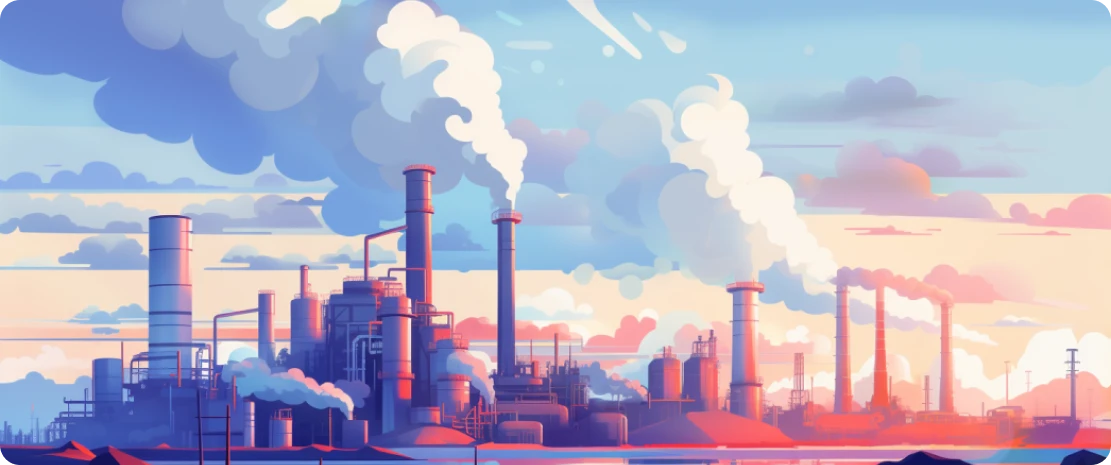
From fossil fuels to plastic
Plastics are mostly made from oil and gas. Exploration, refining and the production of plastics by the petrochemical industry are highly energy-intensive and polluting industrial activities, leading to massive volumes of greenhouse gas emissions and toxic waste.
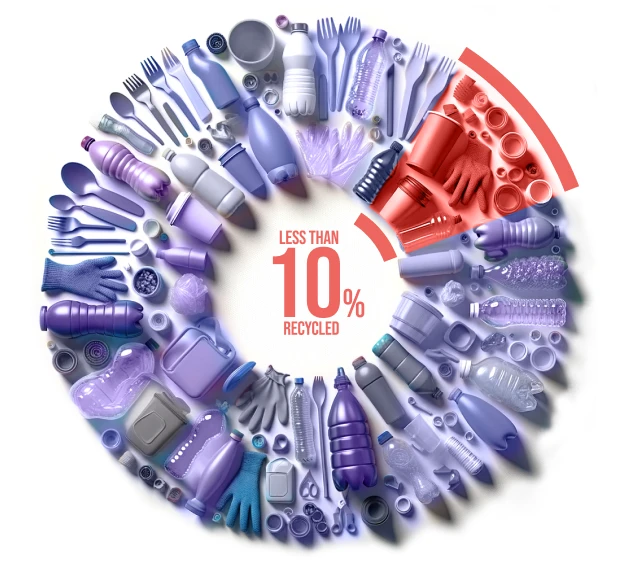
Recycling is an illusion
The balance between the (over)production of plastic and its further processing is completely upset. Less than 10% of plastic waste is recycled, the rest is polluting the environment, is burned in incinerators, or ends up in landfills. Plastic pollution of natural habitats leads to the ingestion, suffocation, and entanglement of species, endangering wildlife and threatening biodiversity.
Plastic production is set to grow
Demand for plastics is projected to sharply increase in coming years, partly driven by oil & gas and petrochemical industries seeking to create new demand for their oil & gas reserves. Plastics production is expected to increase by almost one-third over the next few years. Billions of bank finance will finance this disaster.
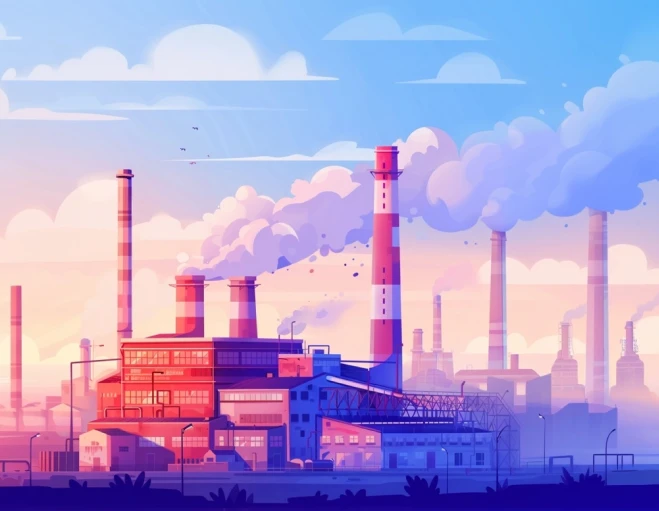
By 2030, greenhouse gas emissions related to the production, use and incineration of plastic could reach up to
1.34 gigatons GHG
per year
Single-use plastics used for packaging and disposable products account for 40% of all plastics produced. Millions of tonnes of such plastic leak into the environment year after year, polluting everywhere, from the highest mountain to the deepest ocean trench
Plastic affects humans
We breathe, eat, drink, and even sneeze plastics. Plastics do not decompose, but break up into ever smaller pieces. These tiny plastic particles enter our lungs, our bloodstream, our placentas, leading to infertility, cancer, puberty disorders, and diabetes.
Rich countries ship large quantities of plastic waste, often illegally, to poorer countries. There, millions of children work as scavengers on burning waste dumpsites. They are heavily exposed to the smoke of plastic fires, containing a toxic soup of pollutants, affecting their brains and bodies.
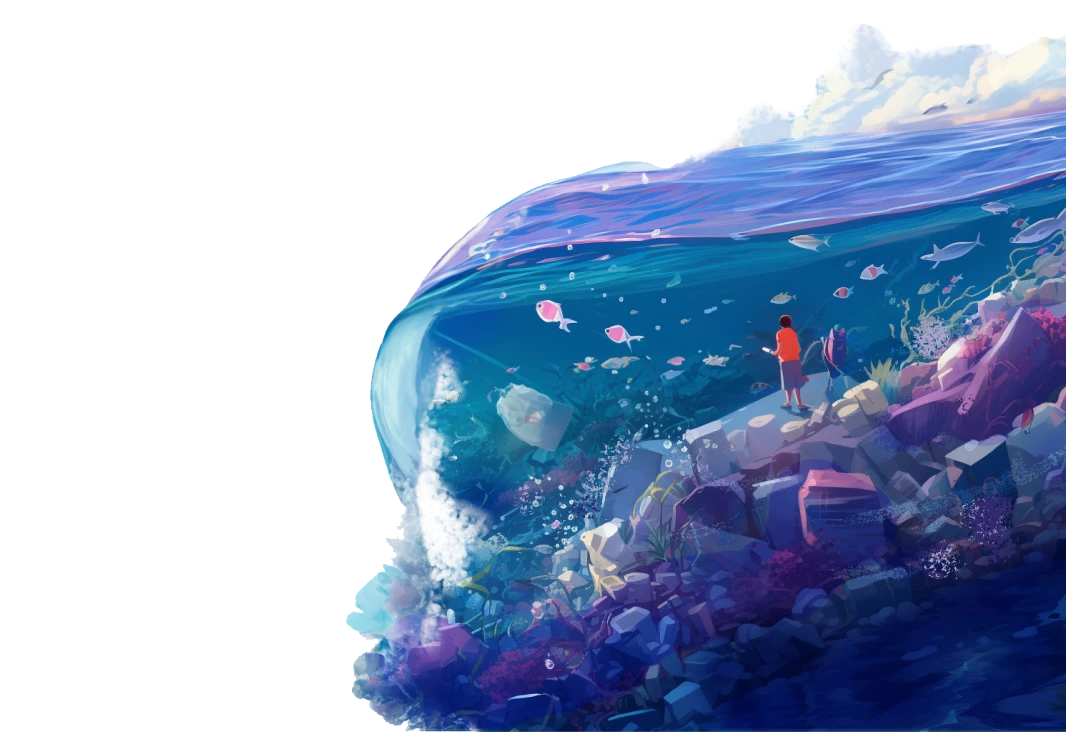
80
% of meat and diary products contain microplastics
The role of banks
Banks hold the key to tackle the plastics crisis
Banks are key financiers of companies all throughout the plastics life cycle. Despite the massive negative impact of plastics, most banks do not require their clients to develop alternatives to radically reduce the production and consumption of plastics. Not doing so undermines the climate- and biodiversity related commitments of those banks and also makes them co-responsible for the plastics crisis. Banks must acknowledge their role and responsibility and use their leverage over clients to help tackle this crisis.
How we assess bank policies
The assessment methodology of the Plastic Banks Tracker consists of 21 criteria, grouped in three categories:
Acknowledgement and commitment
Banks need to explicitly acknowledge that they are linked to the large negative impacts across the plastics lifecycle on climate change, nature, and human health and communities.
Policy development
Banks should develop financing policies which prevent the negative impacts of plastics, covering the entire plastics lifecycle.
Implementation
To meet their plastic commitments and ensure that their financing of companies aligns with their policies, banks need to take decisive implementation steps.

What we want
The Plastic Banks Tracker initiative encourages banks to support a global transition away from unbridled plastics production, towards sustainable utilisation, and effective waste management. To achieve this, we want banks to use their leverage over clients in the entire plastic supply chain, forcing a rapid transformation of plastics production and use.
This requires banks to first acknowledge the scale of the global plastics crisis and their specific role in it, and then publicly commit to be part of the solution. Banks should immediately stop with financing the further expansion of plastics production, especially the production of single-use plastics, and seek robust, time bound transition plans from clients still producing such plastics.
To reduce demand, banks should support food and consumer goods industries with investments in alternatives for packaging and plastic components, new forms of logistics, and deposit systems. Finally, banks should stimulate collaboration in the field of plastic waste collection, sorting and recycling systems and capacities. All this will drastically bring down the production and consumption of plastics.
Stop financing the expansion of plastics production, especially the production of single-use plastics
What we do
The plastics problem needs to be tackled at its roots: the financing of the plastics life cycle by banks and investors.
To convince banks to take up a leadership role in tackling the plastics problem, the Plastics Banks Tracker initiative will undertake the following activities:
Map
Map the key actors in the global plastic lifecycle, upstream, midstream and downstream
Expose
Expose which banks are financing the companies in the plastics lifecycle, by creating an open-source database of financial relationships
Inform
Inform banks and investors about the financial, regulatory, legal, and reputational risks linked to the financing of and investments in the entire plastic lifecycle
Assess
Assess and rank the plastics-related policies of banks against a robust methodology based on international standards and agreements
Tell
Tell stories about the impact of plastics on climate change, nature, and health
Engage
Engage with banks and other key stakeholders to work on solutions
We have not yet done everything we want to do.
With the launch of this website, we have taken the first step. We have identified twenty banks that are important financiers of the global plastics lifecycle, especially the upstream part, or who are involved in the UNEP Finance Leadership Group on Plastics. And we have assessed and ranked the plastics-related policies of the banks against our methodology.
Partners
BankTrack is the international tracking, campaigning and CSO support organisation targeting private-sector commercial banks and the activities they finance. BankTrack coordinates our engagement with banks and with international CSOs and media worldwide.
Profundo provides policy, economic, financial and legal research with a high social relevance, supporting the transition to a sustainable economy and increasing social justice at a global level. Profundo is primarily responsible for the research carried out by the Plastic Banks Trackers. This includes financial flows research and bank policy assessments.
The Plastic Soup Foundation aims to protect people and the environment from the harmful effects of plastic, and does this by stopping plastic pollution to the environment. Future generations have the right to a liveable clean planet in which we are not exposed to high concentrations of (micro)plastics. By focusing on public awareness and mobilising politics and business, we focus on a fundamental system change: away from the throwaway society, towards a circular sustainable future.
SUPPORT US
Plastic Banks Tracker is an initiative set up by Profundo, BankTrack and Plastic Soup Foundation
YOU CAN FIND THE RESULTS OF OUR INITIAL ASSESSMENT OF THE PLASTIC POLICIES OF 20 INTERNATIONAL BANKS ON THIS WEBSITE. OUR AIM IS TO ASSESS THE POLICIES OF MANY MORE BANKS AND ENGAGE WITH THEM IN ORDER TO STRENGTHEN THEIR POLICIES AND IMPACT THEIR INVESTMENT DECISIONS.
TO DO SO
WE NEED
THE INVOLVEMENT OF NEW WORK PARTNERS AND THE SUPPORT OF NEW FUNDERS.
WE NEED
NEW WORK PARTNERS, WHO WANT TO ENGAGE WITH US WITH BANKS AND PUT PRESSURE ON THEM TO ACT ON THE PLASTICS CRISIS.
WE NEED
ADDITIONAL FUNDING, TO FURTHER ANALYSE FINANCIAL FLOWS FROM BANKS TO COMPANIES IN THE PLASTICS LIFE CYCLE, AND TO ASSESS HOW BANKS DEAL WITH THE PLASTIC CRISIS.

